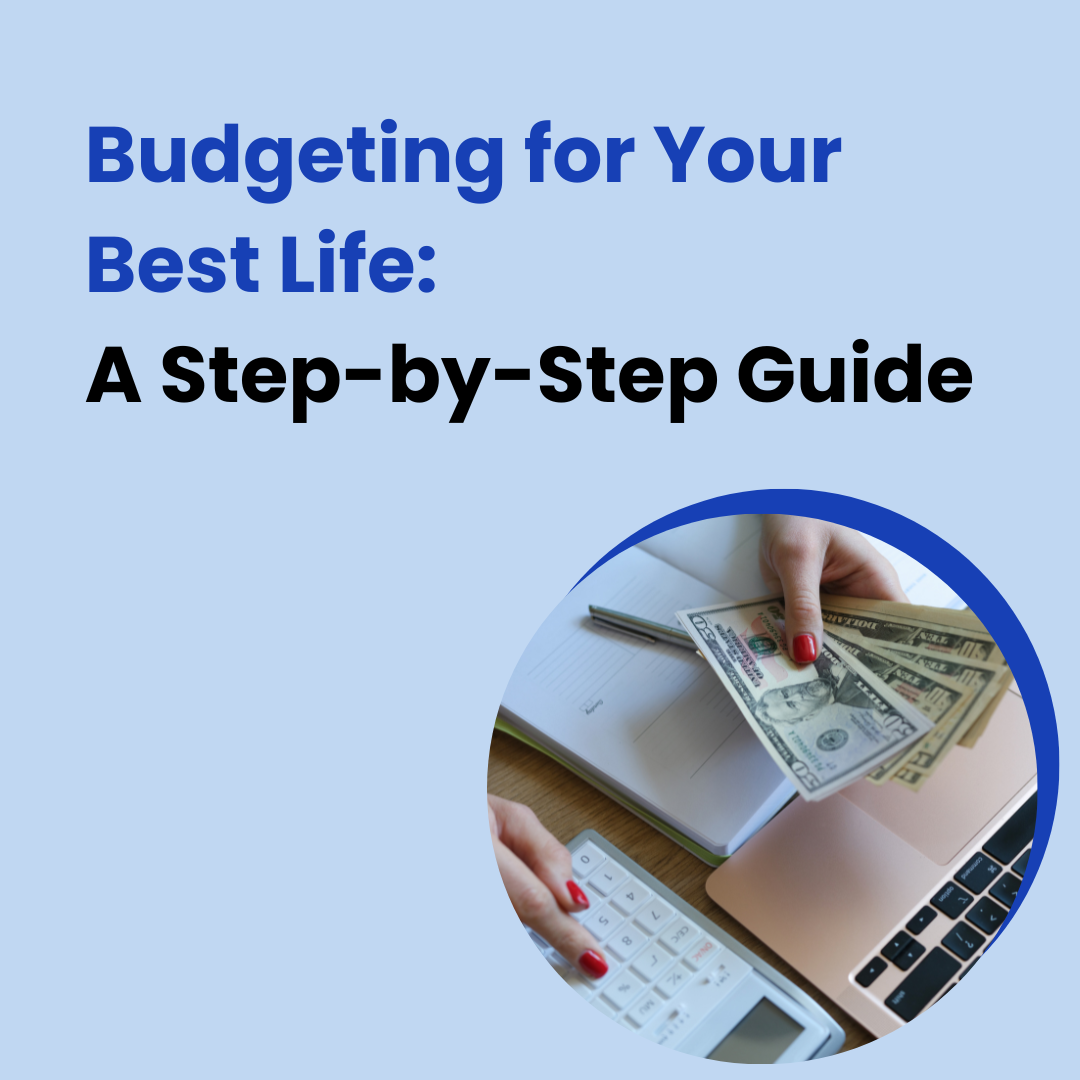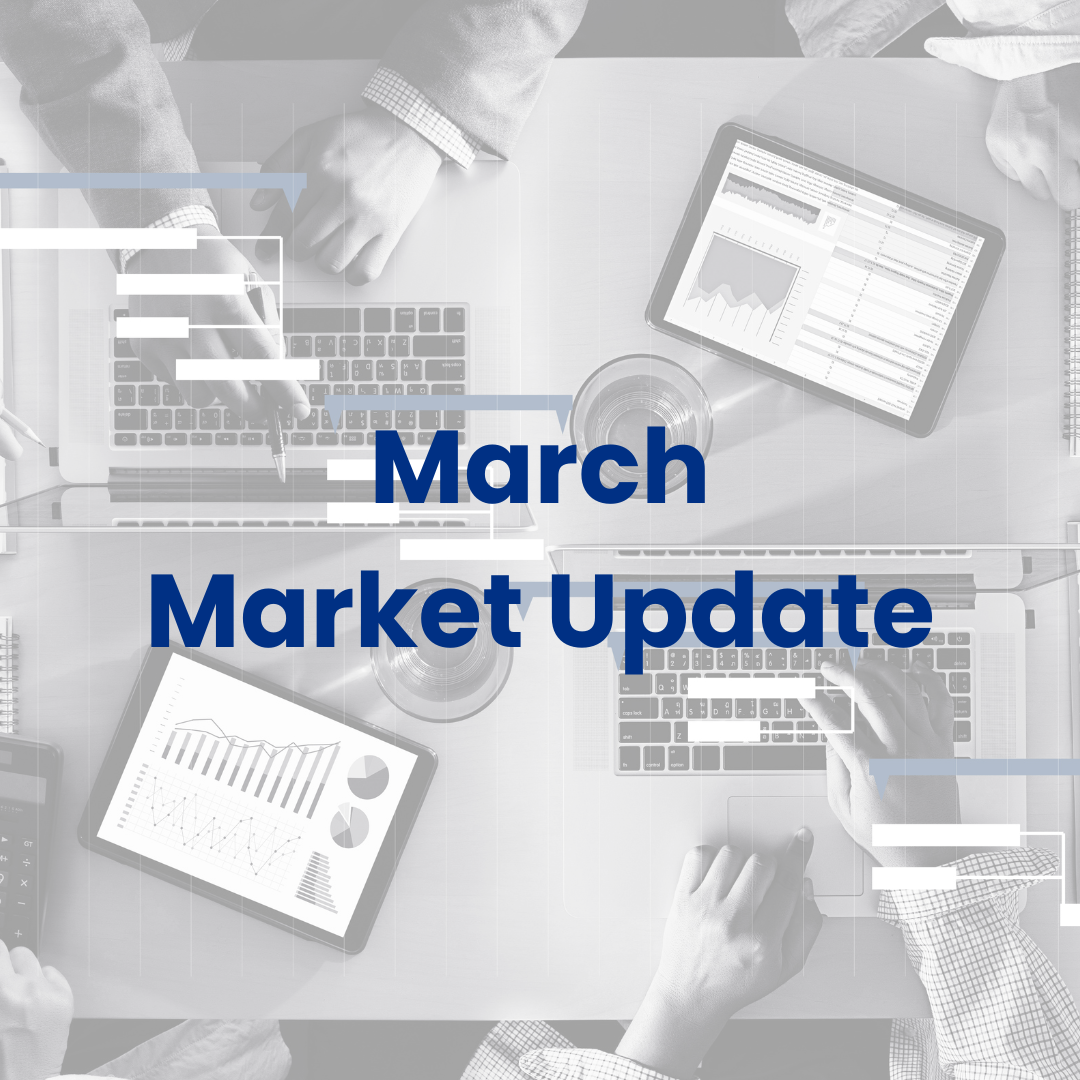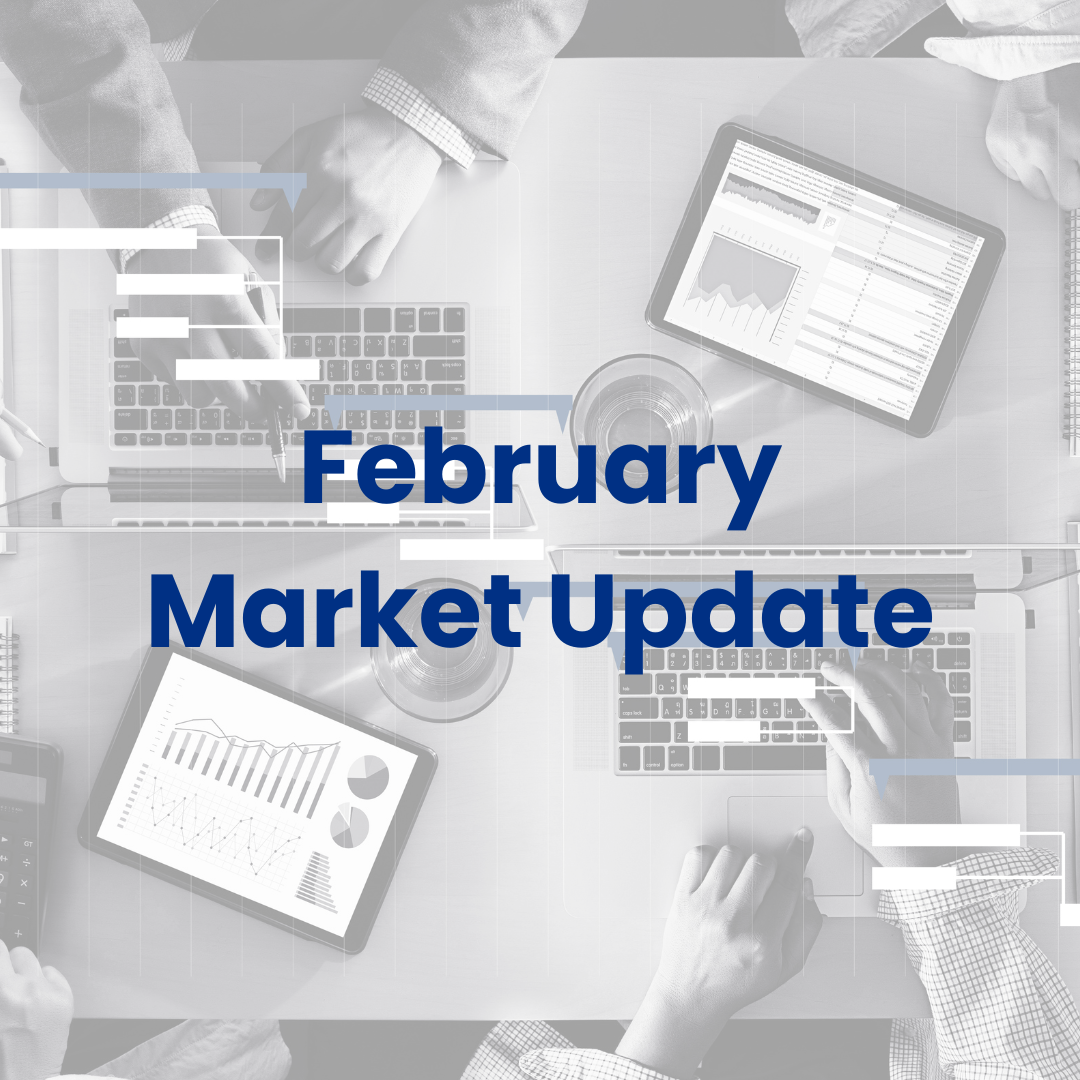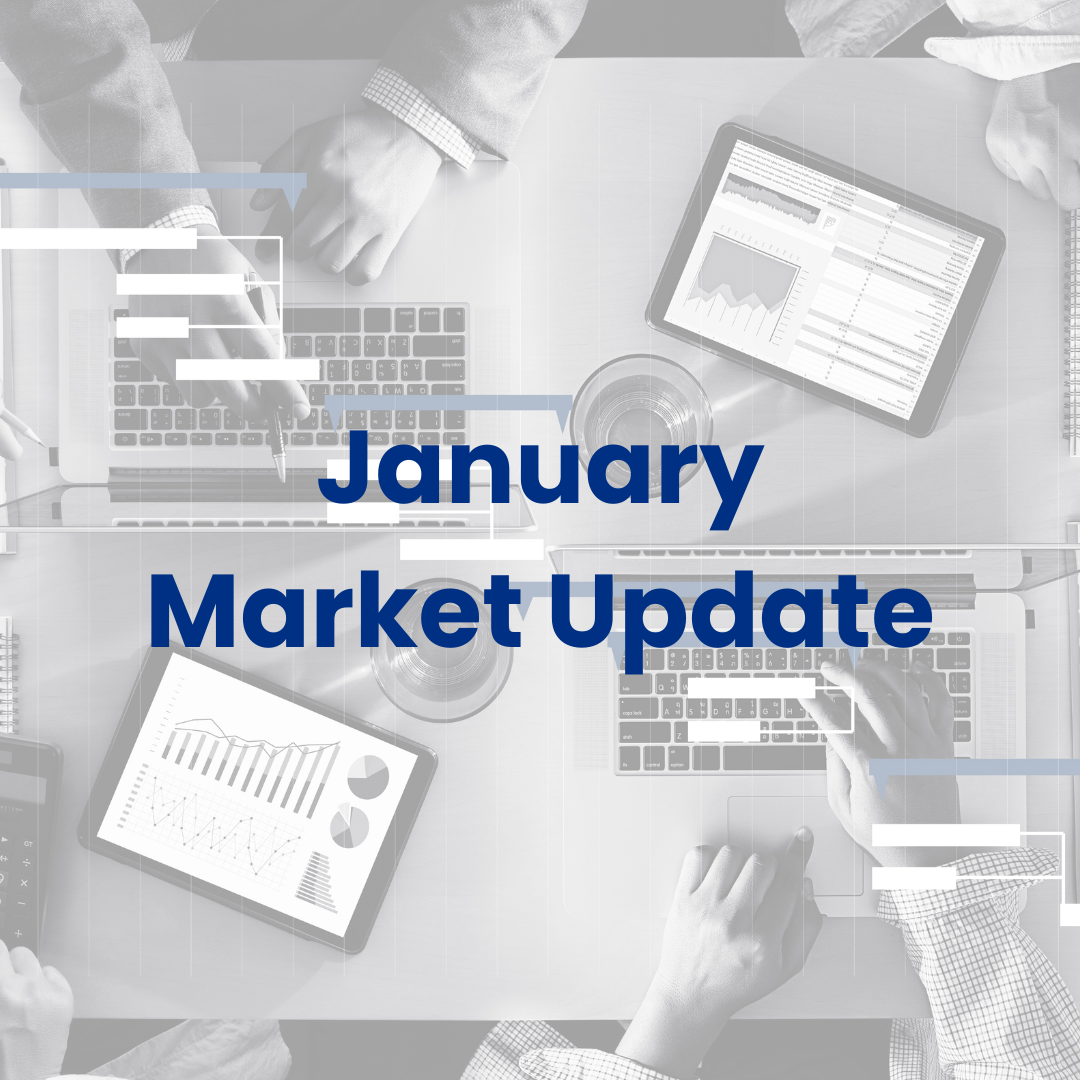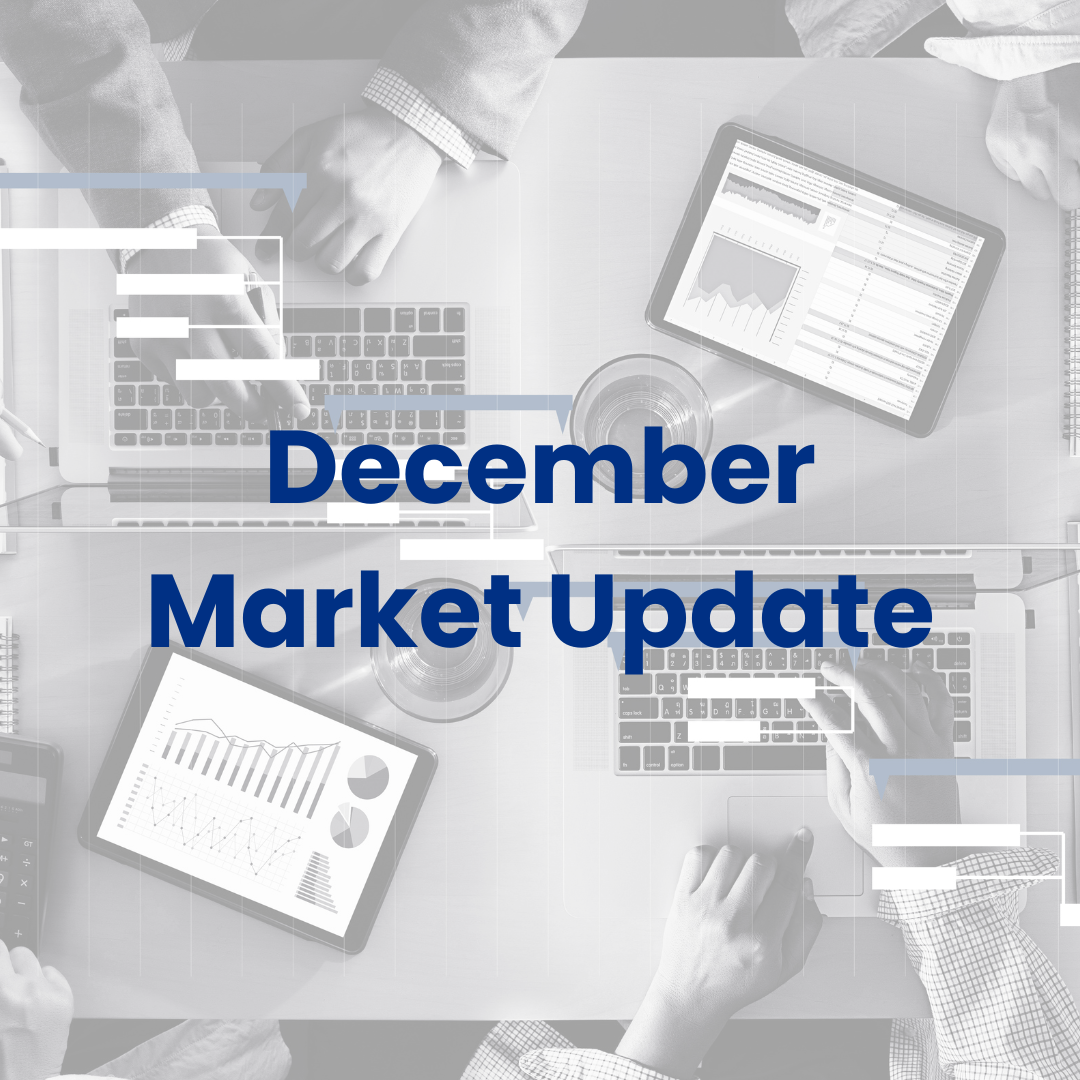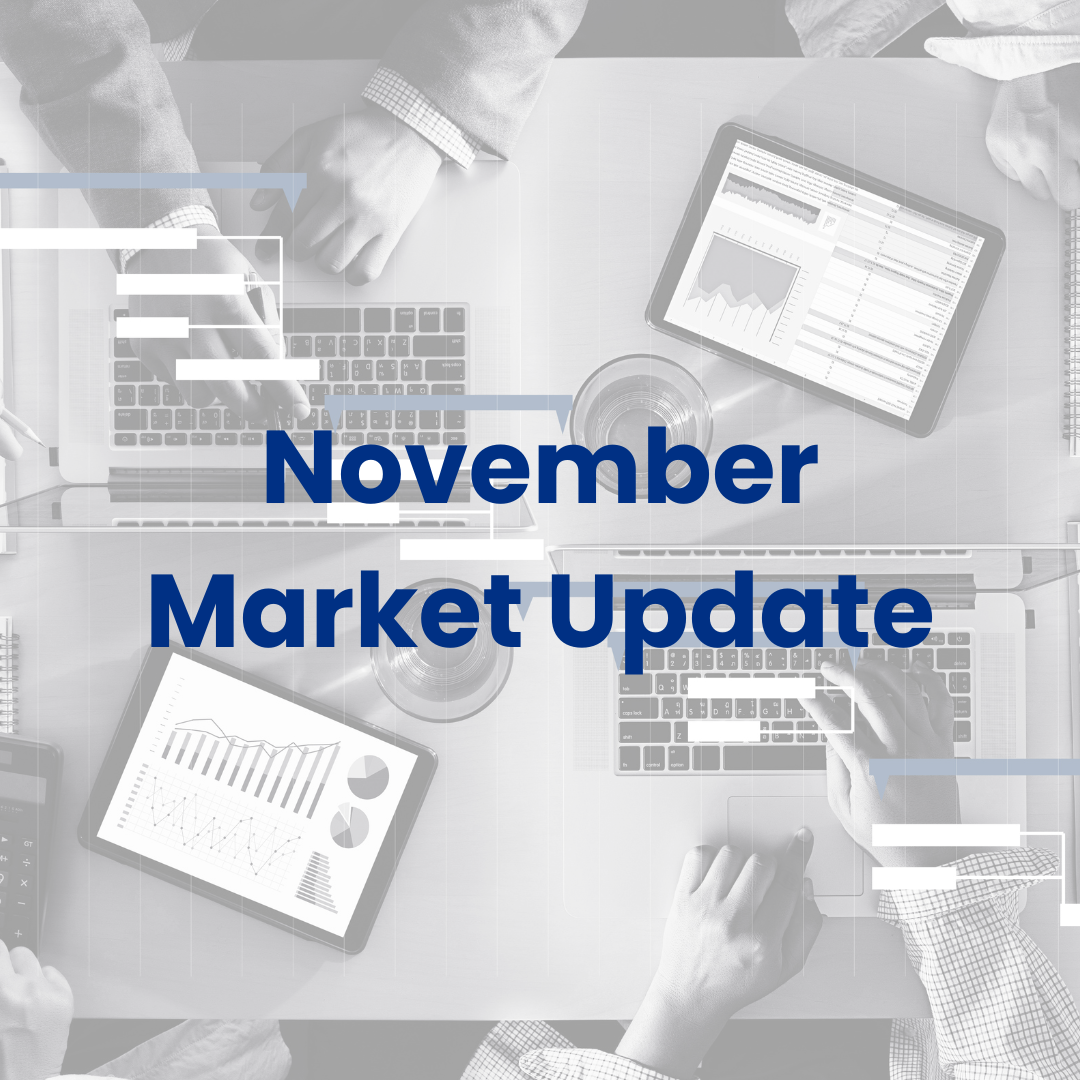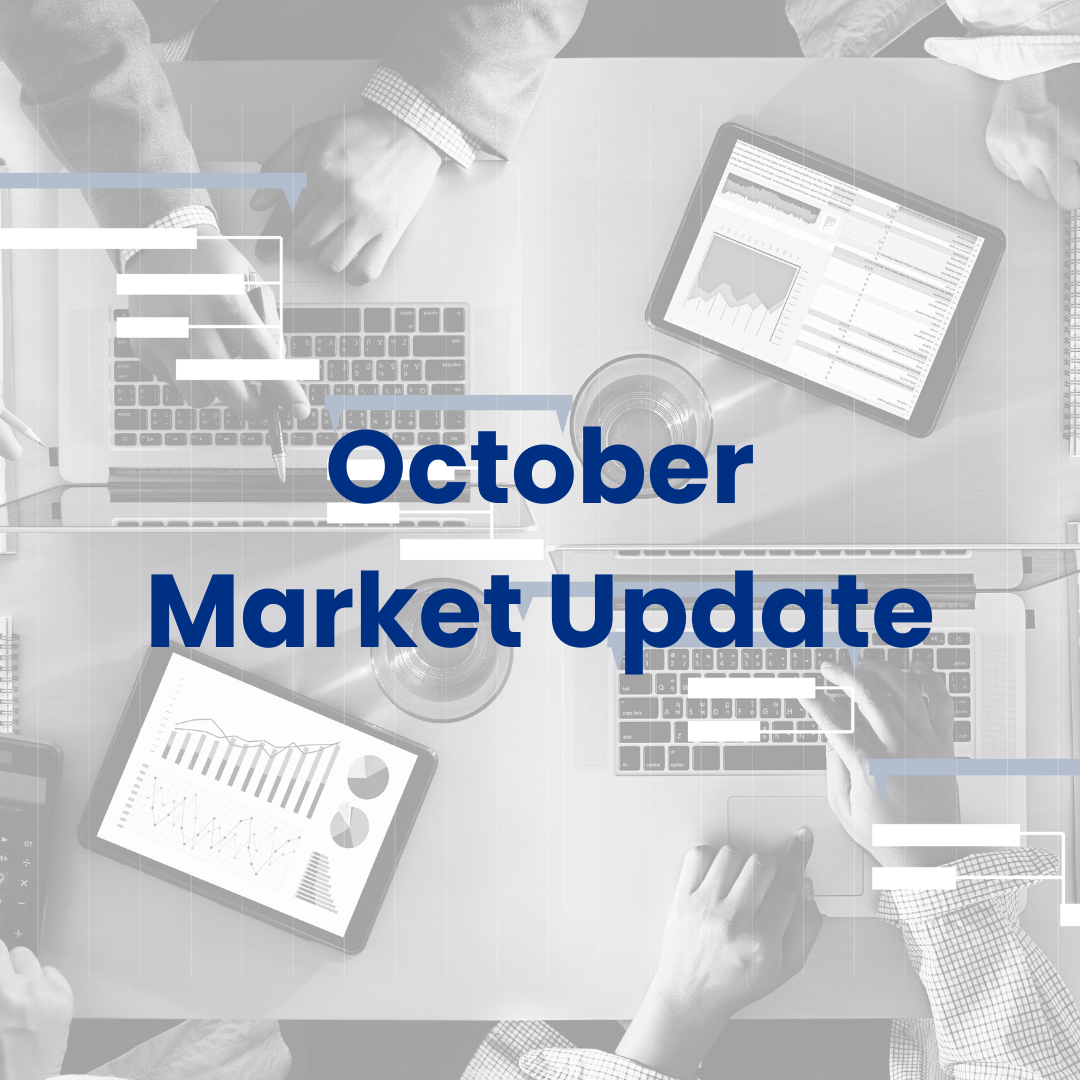Is All Debt Bad? A Closer Look
Debt often carries a negative connotation, and it's easy to see why. Unmanageable debt can lead to stress, financial instability, and even bankruptcy. However, not all debt is created equal. In fact, strategic use of debt can be a powerful tool for achieving financial goals.
Good Debt vs. Bad Debt
To understand the nuances of debt, it's important to distinguish between good debt and bad debt.
- Good Debt: This type of debt is used to invest in assets that appreciate over time, such as education, real estate, or a business.
- Bad Debt: This type of debt is used to finance consumption, such as luxury items or vacations. It can also be assets that depreciate over time, such as car loans.
The Role of Debt in Financial Planning
While it's ideal to avoid unnecessary debt, there are instances where debt can be a strategic tool. For example, a student loan can provide access to higher education, which can lead to higher earning potential. Similarly, a mortgage can help you own a home, a valuable asset that can appreciate over time and be a place to create everlasting memories.
Tips for Managing Debt
If you find yourself in debt, here are some tips to help you manage it effectively:
- Create a Budget: A budget can help you track your income and expenses, identify areas where you can cut back, and allocate funds for debt repayment.
- Prioritize Your Debts: Consider using the snowball method or opportunity method to prioritize your debts.
- Negotiate with Creditors: Don't be afraid to negotiate with your creditors. You may be able to lower your interest rate or monthly payment.
- Avoid Additional Debt: While you're working to pay off your existing debt, avoid taking on new debt.
- Seek Professional Advice: A financial advisor can provide personalized guidance and help you create a debt repayment plan.
Credit Cards: A Double-Edged Sword
Credit cards often get a bad rap, but they can be a valuable financial tool when used responsibly. They can help you build credit, earn rewards, and be used to reduce risk when purchasing things online or at the store. However, it's important to use credit cards wisely and avoid falling into debt.
To use credit cards responsibly:
- Pay Your Balance in Full Each Month: This will help you avoid interest charges.
- Keep Track of Your Spending: Use a budgeting app or spreadsheet to monitor your credit card spending.
- Pay Your Bills on Time: Late payments can damage your credit score and be costly.
By understanding the difference between good and bad debt, and by using debt strategically, you can take control of your finances and achieve your financial goals. Reach out to us to talk with a financial advisor and answer your questions. We’d love to help build you a personalized financial plan and get you started towards your financial goals!
You are welcome to join our virtual workshop on Budgeting & Debt on January 7th at 5:30 pm. Check out our events for this year: Events.
The Gasaway Team
7110 Stadium Drive
Kalamazoo, MI 49009
(269) 324-0080
FAX (269) 324-3834
The views expressed are those of the author as of the date noted, are subject to change based on market and other various conditions. This presentation is not an offer or a solicitation to buy or sell securities. The material discussed is meant to provide general education information only and it is not to be construed as specific investment, tax or legal advice and does not give investment recommendations.
Certain risks exist with any type of investment and should be considered carefully before making any investment decisions. Keep in mind that current and historical facts may not be indicative of future results.
Additional information, including management fees and expenses, is provided on our Form ADV Part 2 available upon request or at the SEC’s Investment Adviser Public Disclosure website, https://adviserinfo.sec.gov/firm/summary/123807.


